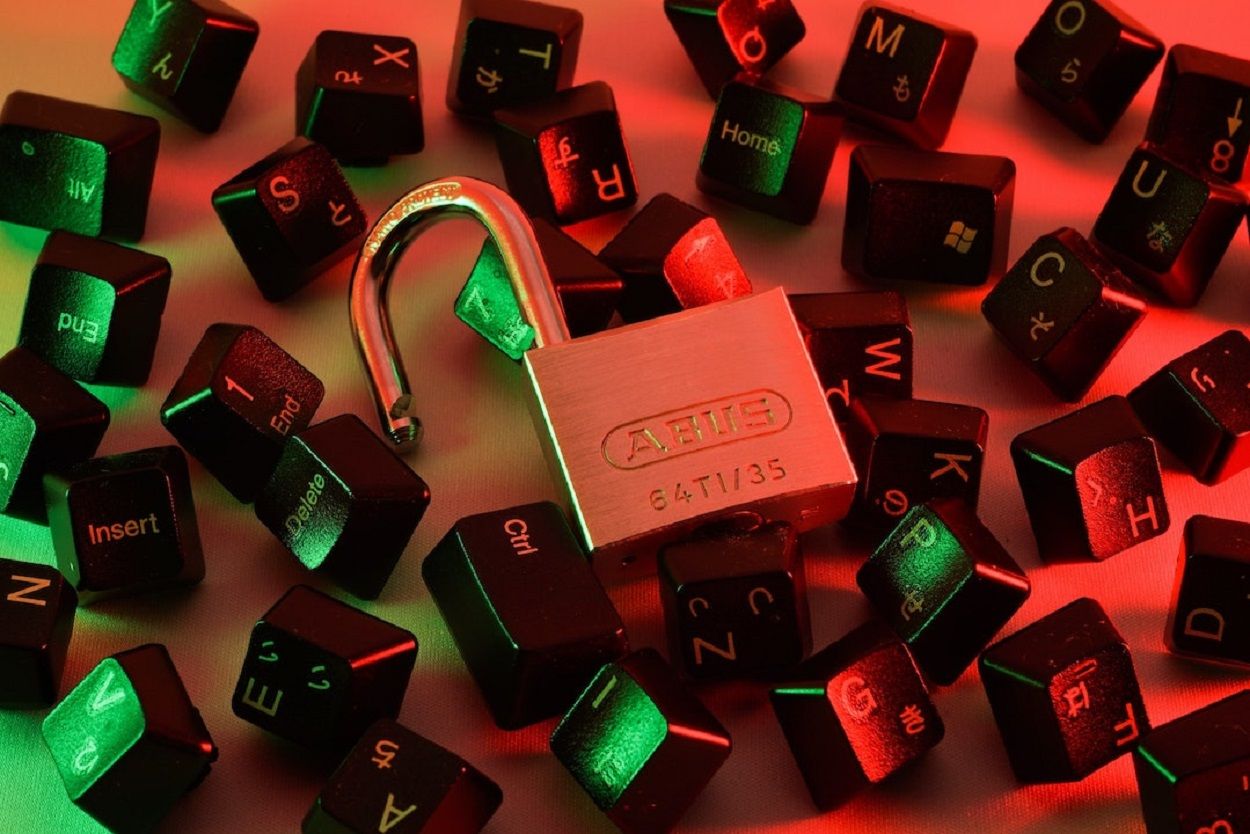- Since 2014, investors have lost crypto worth almost $2.4 billion in exchange hacks
- Self-custody comes with challenges such as physical risk, human error
- There are regulated custodians, hybrid custodians, and custodial technology providers
FTX’s landmark collapse last year sparked a debate around the safety of third-party crypto custody services. A substantial portion of user funds, including those of retail and institutional investors, remained stuck on the exchange. Former FTX customers have yet to retrieve them.
Since 2014, investors have lost crypto worth almost $2.4 billion in exchange hacks. Leading exchanges like Binance have fallen victim to coordinated attacks of this type.
Great demand for institutional custody
Self-custody is an option, but it comes with challenges such as physical risk, human error, and operational complexities. Institutional investors face an even more serious problem. This is why demand for specialized crypto custody service providers keeps increasing.
The number of such services has doubled since 2017.
Types of institutional custodians
There are three types of institutional custodians, broadly speaking: regulated, hybrid, and custodial technology providers.
Which is the right type?
Regulated custodians’ main responsibility is to store private keys, thereby making sure customer funds are safe. They are subject to strict regulations because they exercise full control over assets. Their jurisdiction is crucial because regulations play a very important part in ensuring security for the protected assets. Users are drawn to jurisdictions with stricter compliance rules, like Germany.
Custodial technology services provide transfer, security, settlement, and other wallet-related services. However, they don’t have access to assets, which exempts them from regulatory oversight. Examples of such platforms are Ledger and Fireblocks. They allow customers to create their own self-custody solutions.
Finally, hybrid custody platforms are a combination of the above two types. This means that they manage digital funds, control private keys, and offer technology solutions.
Customers who choose to self-custody enter into technological partnerships with hybrid custody platforms. Examples of such platforms are Copper and BitGo, which has its head office in the US.








